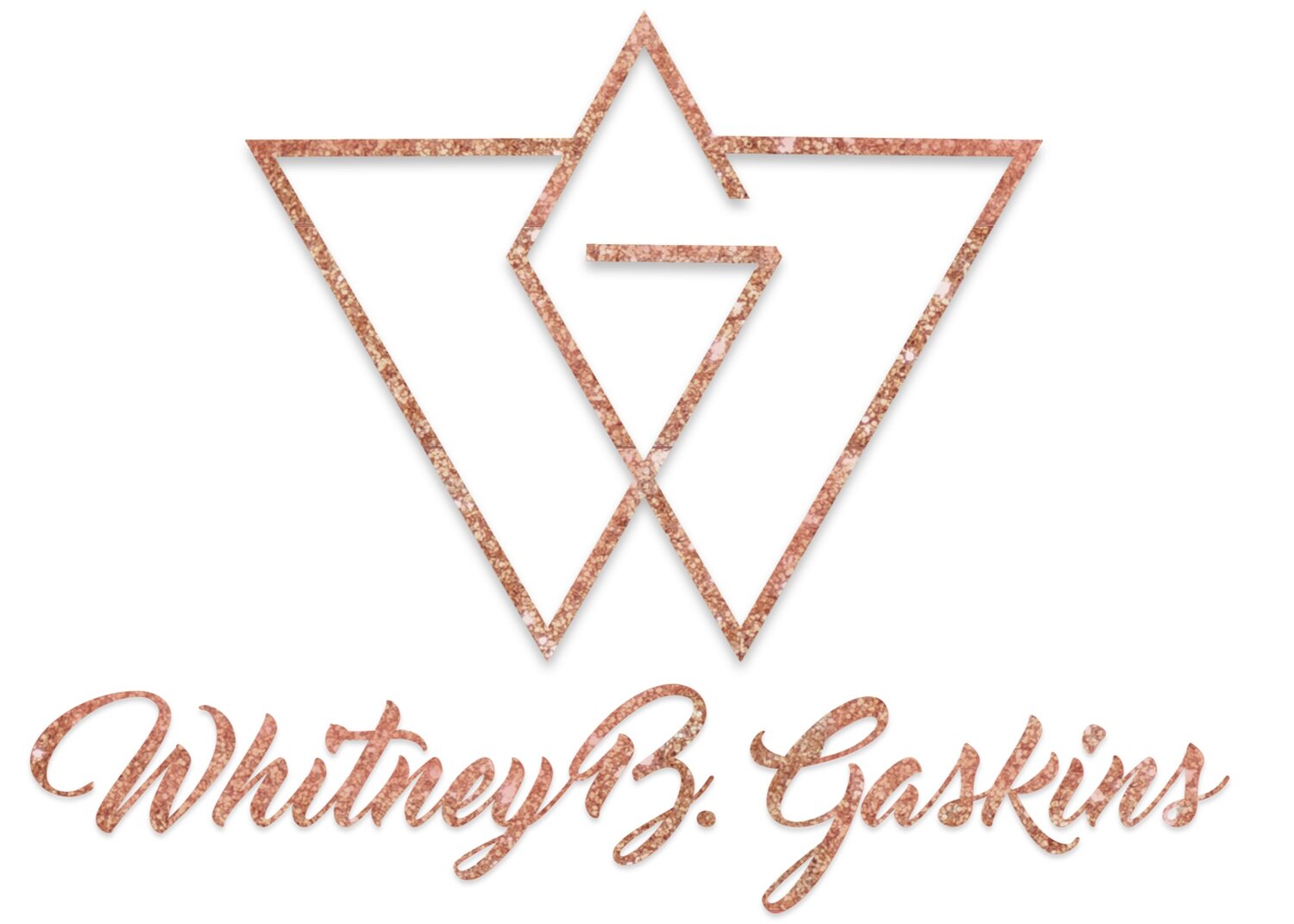BioDesign Challenge
(ENED 3050)
INSTRUCTOR
JANUARY 2019 – PRESENT
Instructor, BioDesign Challenge (ENED 3050), Students will expand upon the model of the Sticky Innovation course (https://www.stickyinnovation.com/) to learn and utilize similar methods and approaches to develop solutions to real world problems. Student will collaborate in multi - disciplinary teams to ideate, research, prototype, and present solutions. The winning team will represent UC and compete in the international Biodesign Challenge in NYC (https://biodesignchallenge.org/). This course incorporates a variety of art, design, science and engineered inspired inquiry and research methods including: documentary film, fiction, arts-based inquiry, scientific research, engineering design, prototyping, and reflection. Learning through making, students will gain skills in prototyping processes, including 3d modeling, 3d printing, and laser cutting. The course is a site for interdisciplinary collaboration. Students will gain experience in a variety of modes of inquiry and creation that will develop their research and problem skills and foster innovative habits of the mind.
Engineering and Science Technologies Career Field Robotics
(FS 175004)
INSTRUCTOR
CURRENT
Students will apply the knowledge and skills necessary to program and operate Robots, using the teach pendant as the main interface point. The Students will learn robotic operations and system configurations. Students will code, compile, and debug programs using the robotic programming language.
Sticky Innovation and Swarm Intelligence: Exploring the Problem of the Bees through Engineering and Art (ENED 3040)
INSTRUCTOR
CURRENT
While humans are reliant on bees for pollinating essential food crops the worldwide emergence of colony collapse disorder threatens the vitality of the honeybee population. In this course students will learn multiple approaches to inquiry to consider this “wicked problem” of contemporary times. This course incorporates documentary film, fiction, arts based inquiry, scientific research, and multiple modes of reflection to design creative solutions to the problem with the bees. The course will seek to enhance interdisciplinary collaboration, foster discussion and investigate the links that connect artistic and scientific disciplines. Integrating engineering and art, students will gain experience in a variety of modes of inquiry that will develop creative research approaches, problem solving skills and innovative habits of the mind.
Cincinnati STEMulates
INSTRUCTOR/COURSE COORDINATOR
AUGUST 2014 – PRESENT
The Gaskins Foundation is a non-profit organization that provides extraordinary opportunities for under recognized and under-represented youth. STEMulates is a community-centered program, designed to increase the number of engineers and applied scientists in the Cincinnati area over the next 20 years.
Cooperative Calculus 1 and 2
INSTRUCTOR
AUGUST 2013 – PRESENT
This course will provide a thorough introduction to differential calculus and an introduction to integral calculus. You will learn both to apply calculus and how the material itself is developed. While being able to perform computations and solve problems will be essential, you will also learn to construct arguments and proofs to justify the theorems and their consequences.
Calculus (summer bridge)
INSTRUCTOR
JUNE 2013 – PRESENT
For students in engineering and science. Topics covered include functions, limits and continuity, differentiation, applications of the derivative, optimization, antiderivatives, fundamental theorem of calculus, definite and indefinite integrals.
Engineering Models II
INSTRUCTOR
JANUARY 2015 - JANUARY 2018
Basic MATLAB programming as a tool for exploring engineering applications, to investigate solutions to problems too complex for hand solution, and to develop an appreciation of the power and limitations of digital computation. Applications chosen from a variety of disciplines.Special attention will be given to graphical visualization of concepts and to numerical approximation techniques.
Engineering Foundations
INSTRUCTOR
AUGUST 2014 – JANUARY 2018
Engineering Foundations will serve as an introduction to all fields of engineering. The course will include lectures as well as "hands-on"experimental modules that will enable students to explore mechanical, chemical, and electrical systems, including bridges, fuel cells, and electronic communications and signal processing applications. Students will also receive training in engineering ethics and in professional skills such as communication, teamwork, problem-solving, and synthesis.
CEEMS Preparing Future Faculty
INSTRUCTOR/COURSE COORDINATOR
JUNE 2013 – 2016
This is a course for teachers designed to develop good problem solving techniques and to illustrate how engineers use mathematics to solve a variety of practical and often complex problems. The course will closely track and directly apply fundamental theory from algebra, trigonometry, and calculus to relevant engineering applications chosen from a variety of disciplines. MATLAB®will be introduced and progressively developed as a programming tool to enable students to explore engineering concepts, to investigate solutions to problems too complex for hand solutions, and to develop an appreciation of the power and limitations of computer tools. Special attention will be given to graphical visualization of concepts and to numerical approximation techniques and the errors associated with approximations.
Basic Electric Circuits
GRADUATE ASSISTANT
MAY 2013 – DECEMBER 2013
Analysis of linear networks, AC and DC electric circuits that involve multiple independent sources, using Ohm's Law, Kirchhoff's voltage and current laws, Thevenin's and Norton's theorems, and the maximum power transfer theorem. Also explored, is the steady state and transient behavior of capacitors and inductors. Applications to mechanical measurements.
